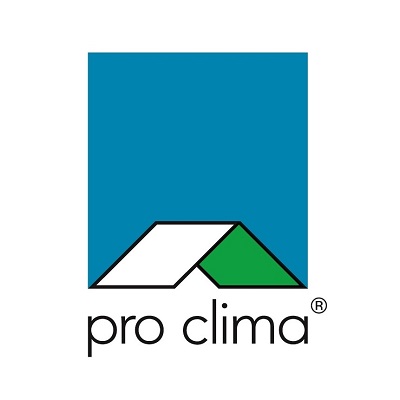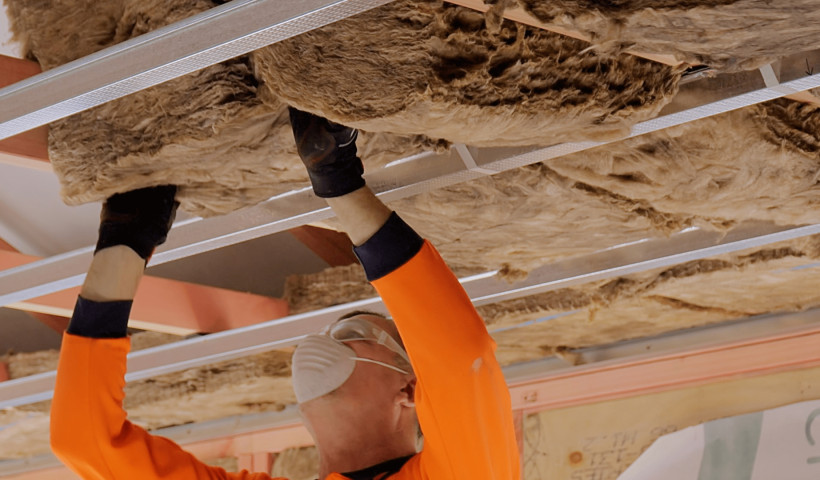
Governments and industries worldwide are taking steps towards reducing their environmental impact to reach net zero by 2050. Many countries have already taken big strides to implement building performance changes that work towards carbon neutrality and reduce energy consumption, and New Zealand is following this trend with its H1 building code. The H1 building compliance code covers energy efficiency and will be updated between November 2022 and May 2023.
The updated H1 code will help to create healthier living conditions in homes with less environmental impact. On average, H1 will reduce the energy demand of new buildings by 40% for housing and small buildings and 23% for commercial and large buildings. The code amendment received the highest number of consultation submissions of any building code amendment in New Zealand history, demonstrating its importance to New Zealanders. The changes stand to benefit New Zealanders economically, environmentally, and from a health perspective; however, code compliance needs to start from the bottom up for buildings to truly make an impact, according to Knauf Insulation.
Stephen Smith, Product and Systems Manager, Knauf Insulation Asia Pacific, said, “The building industry has the potential to create a future of energy efficiency and sustainability for generations to come, and the changes to H1 mean new homes can be built already future-proofed. However, if the building and construction sector is to help New Zealand achieve its climate change goals, the industry needs to focus on improvement at every level.
“Fundamentally, the industry needs to look at how using the right insulation can help create more energy efficient homes. A well-insulated, energy-efficient build can keep homes cooler in summer and warmer in winter, leading to less energy consumption and lower costs to control temperatures. However, its benefits go far beyond this.”
Insulation can help make homes more comfortable for occupants by reducing temperature fluctuations as well as helping to control household acoustics. Better insulated homes can also offer health benefits that extend beyond merely regulating indoor temperatures. For example, New Zealand has the second-highest rate worldwide for asthma, which can be linked to poor housing conditions, among other contributing factors. Using the right insulation can help to reduce the impact that homes have on asthma and other chronic respiratory conditions.
Stephen Smith said, “The proposed H1 changes have significant benefits for New Zealanders across the board. However, to gain these advantages from the beginning, it’s crucial to partner with an insulation company that provides options that have compliance built into their core. For example, Knauf Insulation manufactures glasswool insulation products that are newly available to the New Zealand market and comply with the proposed H1 building code amendments. These insulation products are high performance and durable, making them suitable under the proposed H1 changes.”
The H1 building code update is a change for the better and the importance of supporting H1 cannot be understated. The building and construction industry needs to look at ways to build energy efficiency and H1 compliance into new builds from beginning to end to ensure New Zealanders can get the most out of more energy-efficient homes.











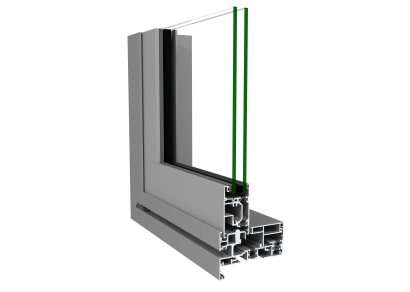
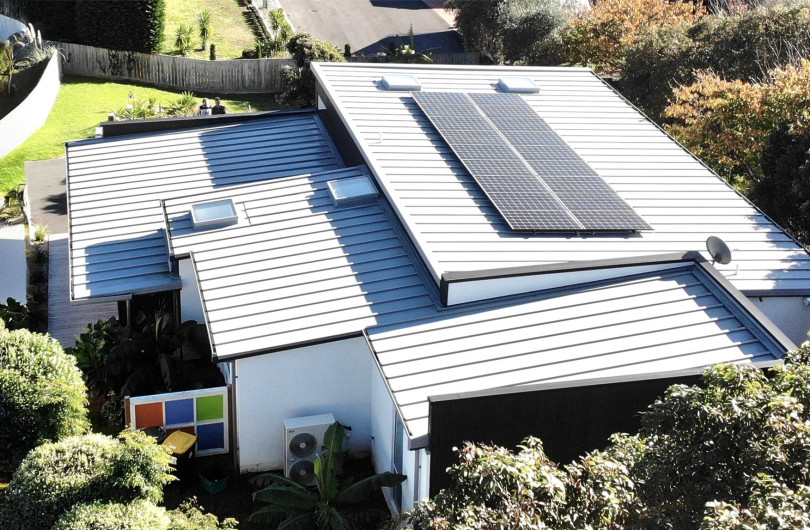
 New Products
New Products




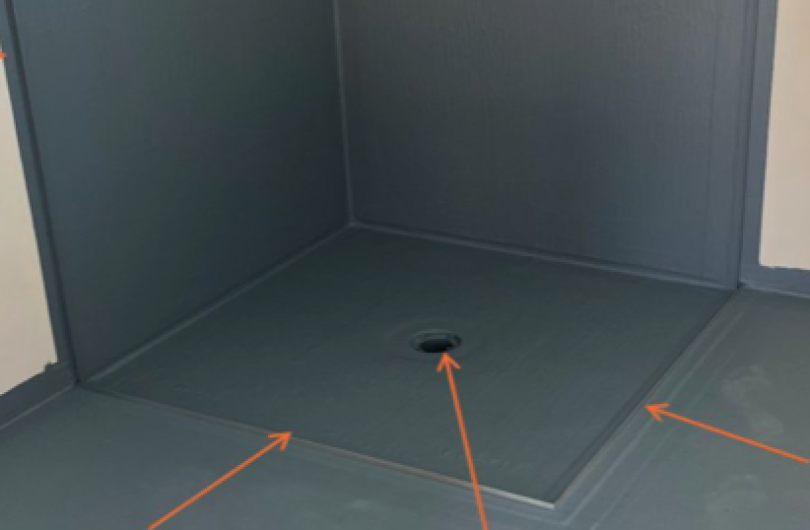




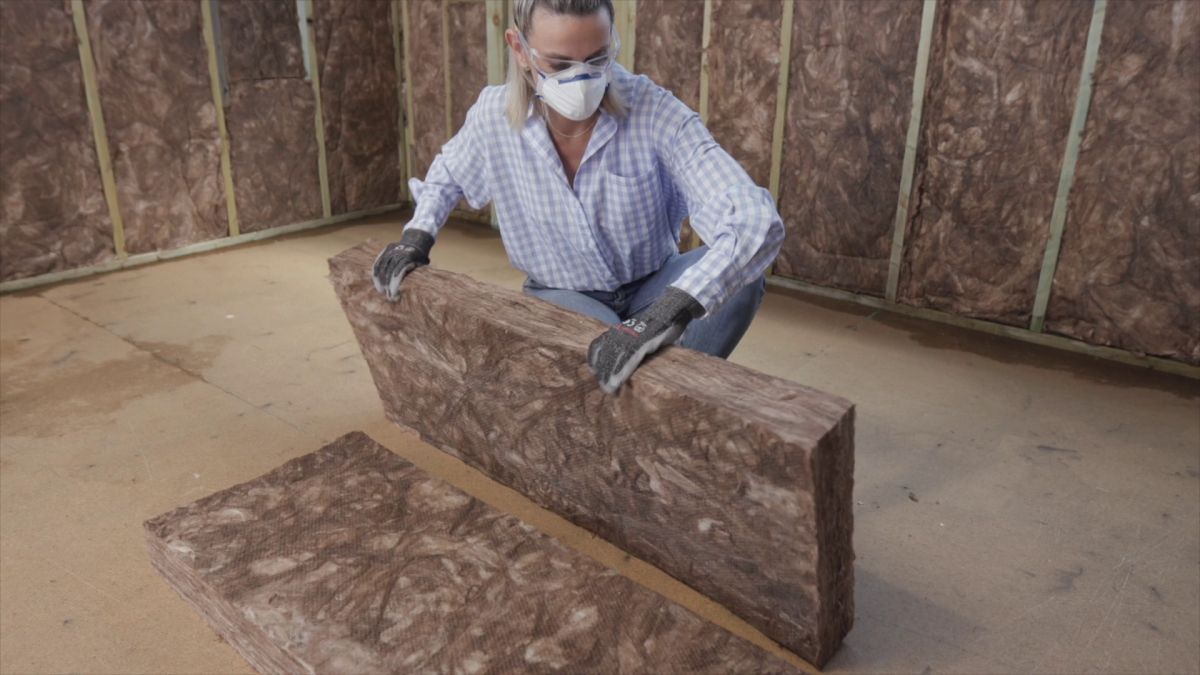

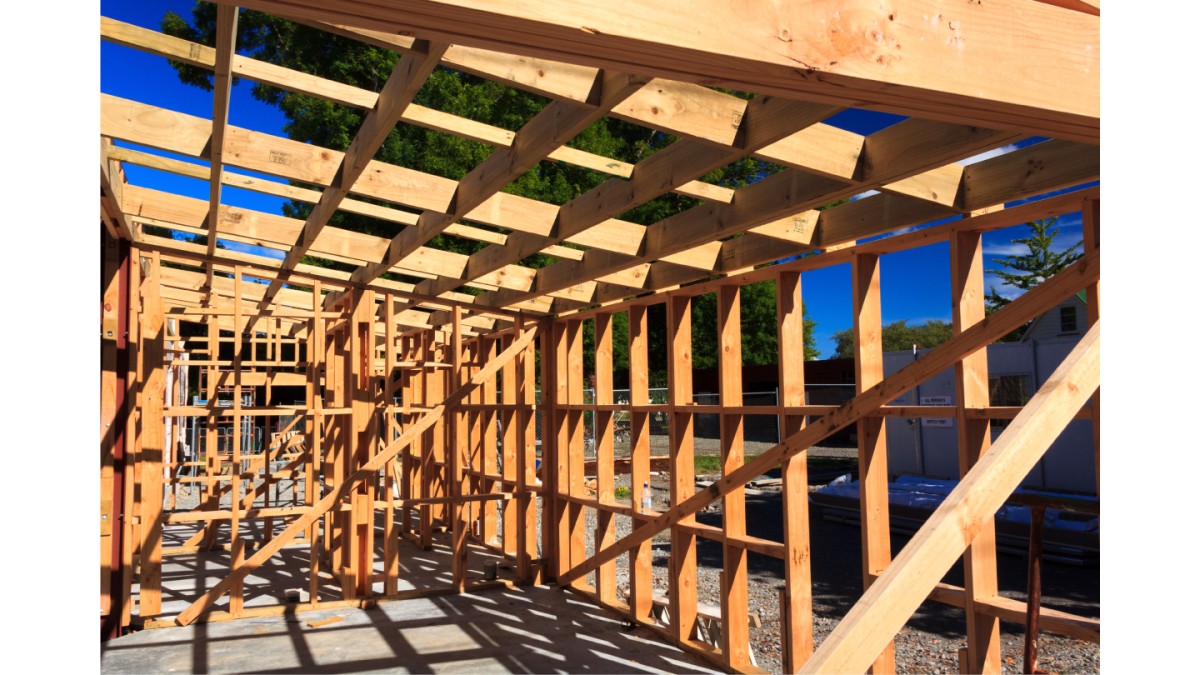


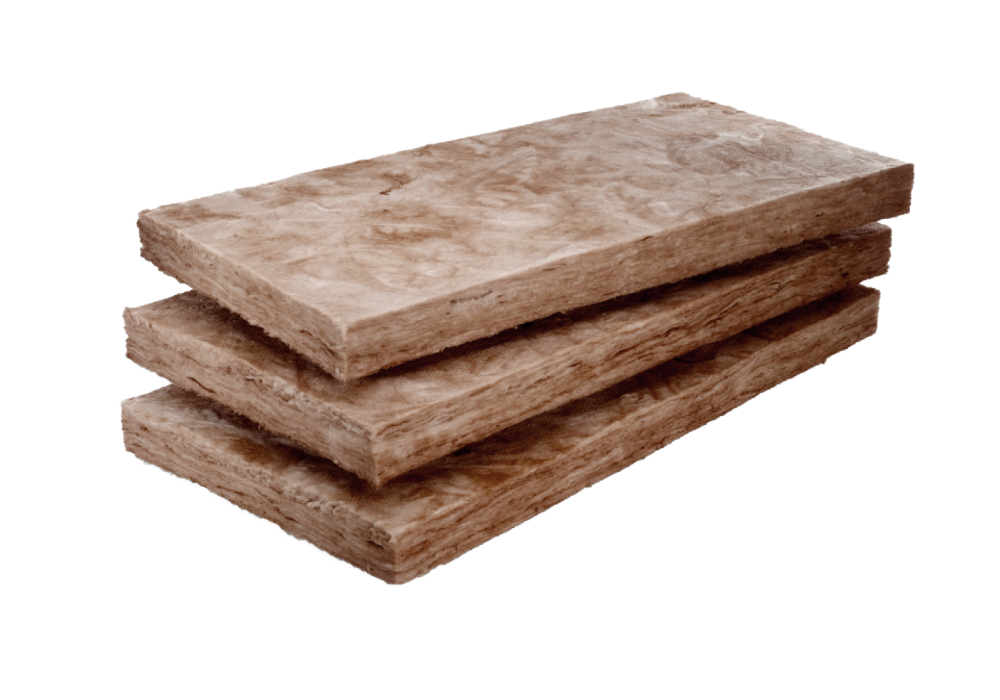
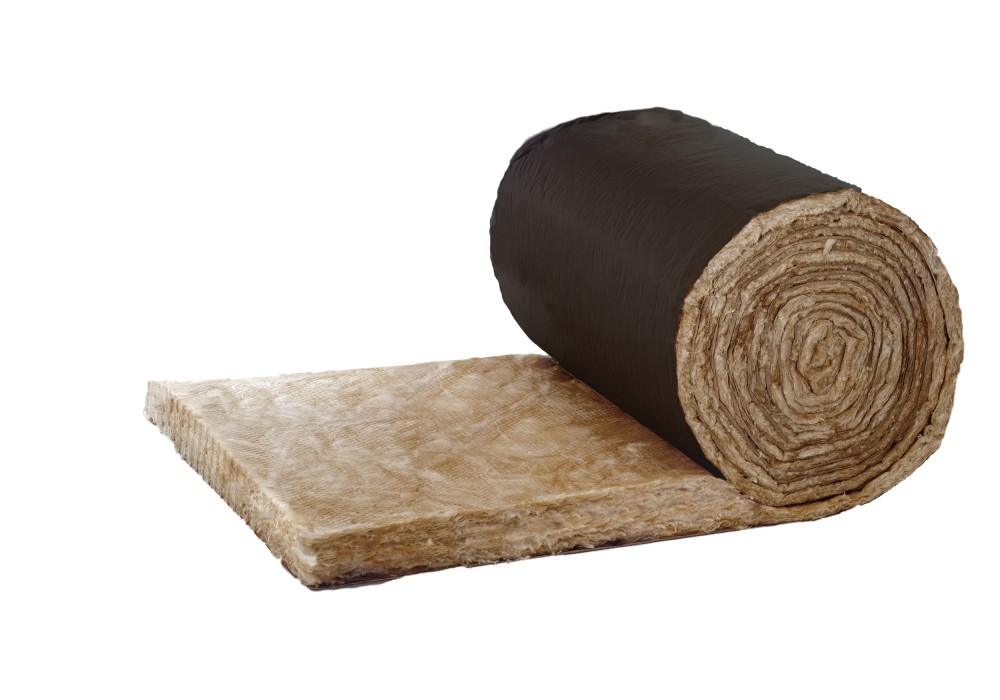



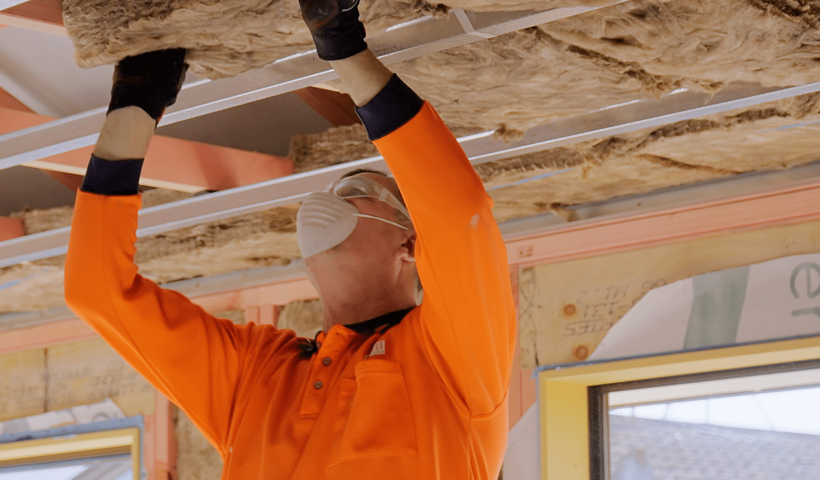
 Popular Products from Knauf Insulation
Popular Products from Knauf Insulation


 Most Popular
Most Popular


 Popular Blog Posts
Popular Blog Posts